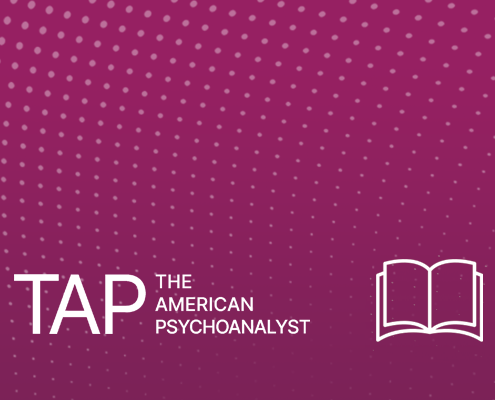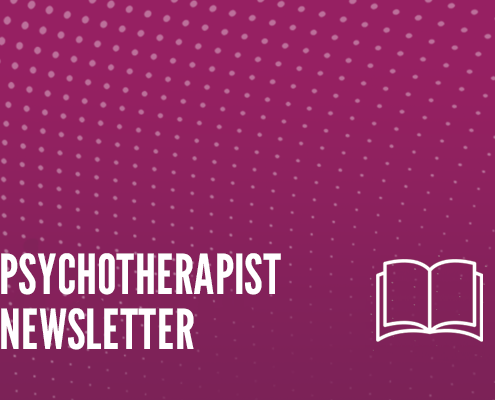One of the most damaging sequelae of trauma is the loss of trust and security in interpersonal relationships (Fonagy & Allison, 2014.) When encountering a patient with traumatic interpersonal experiences, we cannot assume a capacity to trust or to form a safe, secure attachment. Nor can we assume the capacity to learn or benefit from the therapy relationship because the edifice of trust (epistemic trust) can be so damaged as to make new ideas impossible (Fonagy & Campbell, 2017.) This evening lecture will tie together three threads of clinical and research work to help identify epistemic hypervigilance, how to use paralinguistic modes of communication to reach our patients (Gedo, 1996,) use marked-contingent mirroring to reduce epistemic distrust, and open channels of receptive language blocked by fear and attachment insecurity. The foundation of the fear response has been articulated most clearly in the polyvagal theory (Porges, 2009) and linked with a basic therapeutic presence (Geller & Porges, 2014) to aid trust and reducing fear responses in clinical encounters. Brief clinical vignettes will highlight these principles for translating to daily clinical practice.
Facilitated by J. Christopher Fowler, PhD
CE.




